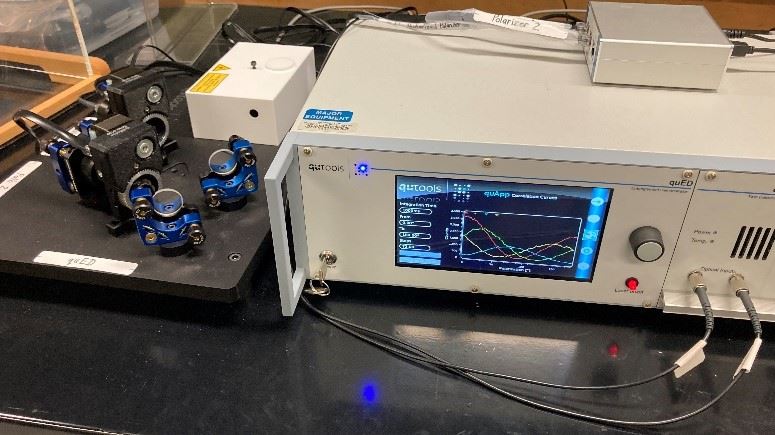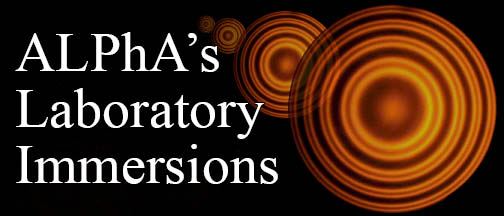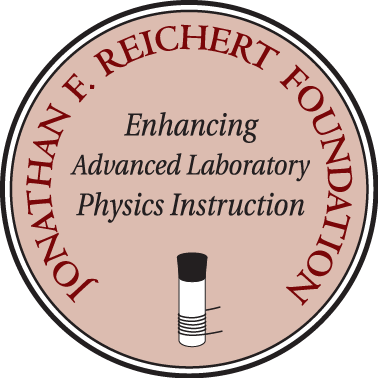- Home
- What We Do
- Laboratory Immersions
- Immersions 2024
- Imm2024UND_QuantumEntanglement
University of North Dakota, Grand Forks, ND
Quantum Entanglement Demonstrator
June 25, 2024 to June 27, 2024
Number of setups
available: 1
Maximum number of participants: 3
------------------------------------------------------------------------------------------------------------------------------------------
 The quED (QUantum Entanglement Demonstrator) by quTools is a unique tabletop apparatus that demonstrates several phenomena in quantum information science, with minimal effort required for setup and data analysis.
The quED (QUantum Entanglement Demonstrator) by quTools is a unique tabletop apparatus that demonstrates several phenomena in quantum information science, with minimal effort required for setup and data analysis.
The crucial element in the quED is a pair of BBO (beta-barium borate) crystals. An 405nm laser beam incident on these crystals undergoes Type-I spontaneous parametric down-conversion (SPDC) to produce pairs of 810nm photons. By choosing the polarization of the 405-nm pump, one may generate 810-nm photon pairs in tensor product states such as |HH> and |VV>, or in polarization-entangled Bell states such as |HV> + |VH> and |HV> -|VH> . The entangled photons are transmitted, through polarization-maintaining optical fibers, to single-photon avalanche diode (SPAD) detectors in the control unit. From coincidence measurements one may infer the polarization correlations, demonstrate the EPR paradox, and verify that the Bell and CHSH inequalities are violated. Add-ons are available to demonstrate the BB81 protocol for quantum key distribution using a sequence of single photons, and the Hong-Ou-Mandel (HOM) effect, in which identical photons entering opposite input ports of a beamsplitter will exit from the same output port.
Participants will develop some skills in beam alignment (“walking”), which is the experimental analog of multidimensional optimization. The major challenge with the quED is not experimental skills, but conceptual understanding. Participants should work closely with the mentor to get the most out of this Immersion.
Outline of the 3-day Immersion: Participants will work with the quED and its add-ons to demonstrate (a) two-photon polarization entanglement, (b) BB81 quantum key distribution, and (c) the HOM effect.
Data acquisition, analysis, and calculation are all performed automatically by the quED control unit. Nevertheless, participants will explore the system “under the hood,” taking some measurements manually. Participants are advised to bring a laptop computer, to use for analyzing and plotting any results that they acquire manually.
Participants will also have the option to build a homemade quantum entanglement demonstration on an optical table, using individual optical components including lasers, nonlinear crystals, polarizers, and single-photon detectors.
The quED is designed with a safety switch that cuts current to the blue laser when the casing is opened. Participants will be provided with safety goggles while bypassing this switch and exploring “under the hood,” or when working with exposed laser beams.
The basic quED setup is about $70,000. Including add-ons, it runs to about $100,000. Alternatively, a homemade setup using individual components may be constructed for about $25,000 - $30,000.

Host and Mentor:
Please note that the Jonathan F. Reichert Foundation has established a grant program
to help purchase apparatus used in Laboratory Immersions. Limitations
and exclusions apply, but generally speaking the Foundation may support
up to 50% of the cost of the required equipment.




